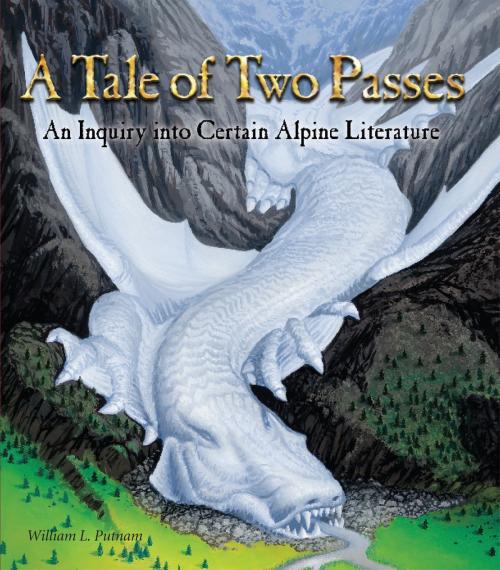A Tale of Two Passes
An Inquiry into Certain Alpine Literature
Nonfiction, Science & Nature, Science, Earth Sciences, Geography, History, Western Europe, Travel, Museums, Tours, & Points of Interest| Author: | William Lowell Putnam | ISBN: | 9781622336852 |
| Publisher: | Light Technology Publishing | Publication: | April 12, 2017 |
| Imprint: | Language: | English |
| Author: | William Lowell Putnam |
| ISBN: | 9781622336852 |
| Publisher: | Light Technology Publishing |
| Publication: | April 12, 2017 |
| Imprint: | |
| Language: | English |
William Putnam's book chronicles the history of two important routes through the Alps, which are devoted to treasuring the history of Mont Cenis and the Great Saint Bernard passages. Both of these passes were prominently and frequently used by the Romans in establishing and maintaining their empire. It is surmised that Hannibal and his troops found elephant-friendly passages through the Mont Cenis corridor. Both passes were adorned with hospices/shelters near their crest and both now have been bypassed by modern tunnels. Despite these similarities, their historic prominence derives from distinctly different events and factors. "There is no passage of the Alps that affords to the traveler greater pleasure, either in the enjoyment or the recollection of his journey to Italy, than that by the Great Saint Bernard. Beside the wildness of this alpine pass, and the beauty of the valley of Aosta, through which the road (down) to Turin continues after it leaves the mountains, the kind reception that he experiences from the religious community at the hospice on the summit of the Saint Bernard, is remembered as long as he can be grateful for the devotion that induces these excellent men to offer the traveler their welcome, and spread for him their hospitality in the wilderness." Herein lies the histories of these passes and stories of many travelers among the Alps — told as much as possible in their own words.
William Putnam's book chronicles the history of two important routes through the Alps, which are devoted to treasuring the history of Mont Cenis and the Great Saint Bernard passages. Both of these passes were prominently and frequently used by the Romans in establishing and maintaining their empire. It is surmised that Hannibal and his troops found elephant-friendly passages through the Mont Cenis corridor. Both passes were adorned with hospices/shelters near their crest and both now have been bypassed by modern tunnels. Despite these similarities, their historic prominence derives from distinctly different events and factors. "There is no passage of the Alps that affords to the traveler greater pleasure, either in the enjoyment or the recollection of his journey to Italy, than that by the Great Saint Bernard. Beside the wildness of this alpine pass, and the beauty of the valley of Aosta, through which the road (down) to Turin continues after it leaves the mountains, the kind reception that he experiences from the religious community at the hospice on the summit of the Saint Bernard, is remembered as long as he can be grateful for the devotion that induces these excellent men to offer the traveler their welcome, and spread for him their hospitality in the wilderness." Herein lies the histories of these passes and stories of many travelers among the Alps — told as much as possible in their own words.















